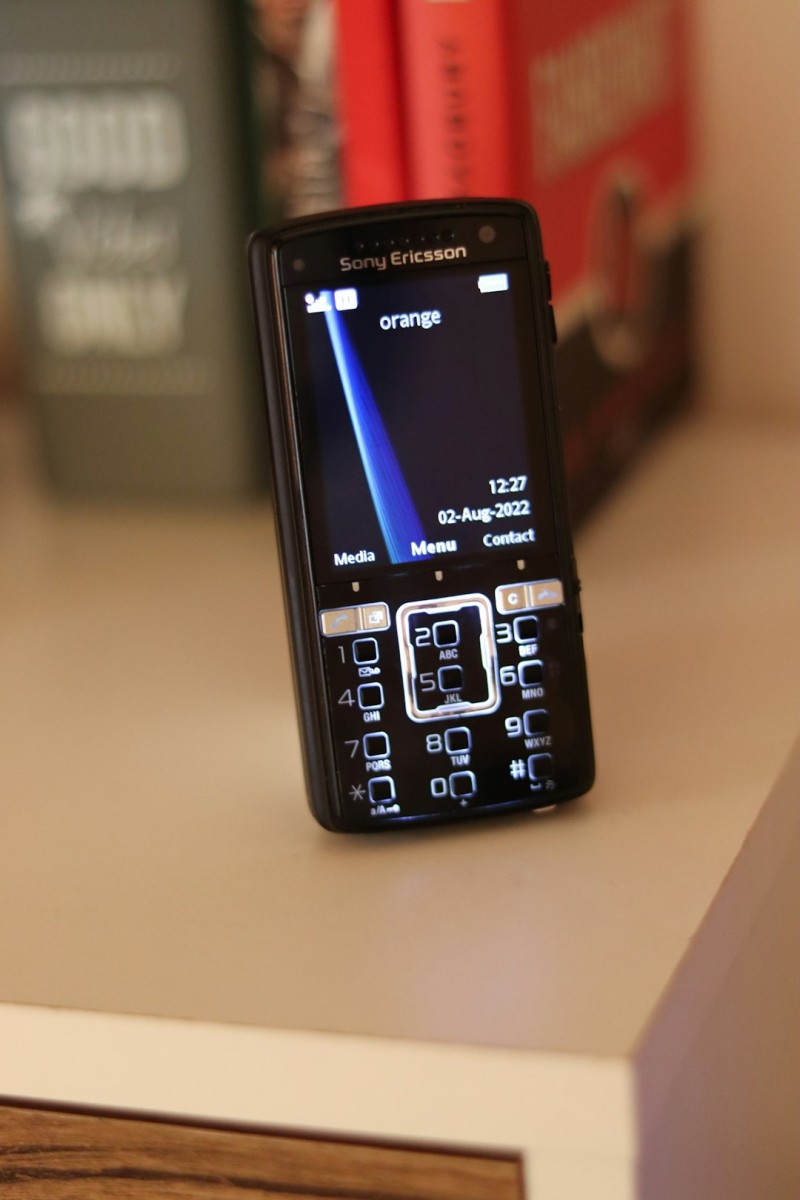Samsung vs Android: Complete Comparison Guide
When people talk about smartphones, the terms Samsung and Android often come up interchangeably. However, these two are not the same. Samsung is a major smartphone manufacturer and tech giant based in South Korea, while Android is a mobile operating system developed by Google. Understanding the distinction—and the unique advantages each brings—can be crucial for users deciding between different devices or ecosystems.
Understanding Android
Android is an open-source mobile operating system that powers a vast majority of smartphones worldwide. Developed by Google, the platform offers flexibility, customization, and a wide range of applications through the Google Play Store.
- Developer: Google
- Initial Release: September 2008
- Platform Type: Open-source
- App Marketplace: Google Play Store
Android is used by a multitude of smartphone brands including Samsung, OnePlus, Motorola, Sony, and many more. Each brand typically adds its own layer of modifications or “skins” to Android to differentiate their user interface and experience.
What Is Samsung?
Samsung Electronics is a South Korean multinational tech company best known for its wide range of consumer electronics, especially smartphones. Their flagship phones, like the Galaxy S and Note series, often showcase the latest in hardware innovation. Importantly, Samsung uses Android as the operating system for almost all of its mobile devices.
Samsung’s version of Android comes with its own customized user interface known as One UI. This skin adds additional features, apps, and customization options on top of the standard Android OS.
In summary, Samsung is a hardware manufacturer that uses Android as the software platform in its smartphone lineup.
Samsung vs Android: Key Differences
1. Operating System vs Device Maker
Android is the software—the operating system that supports and powers the phone. Samsung is one of the many manufacturers that use Android as the base software for their devices. Comparing Samsung to Android is a bit like comparing Dell to Windows: one makes the hardware; the other supplies the core software.
2. User Interface
Samsung modifies the Android OS with its own skin called One UI. This skin affects the look, feel, and behavior of the device’s interface.
- One UI (Samsung): Customized design, Samsung apps, features unique to Galaxy devices.
- Stock Android: Found on Google Pixel and Android One devices, providing a cleaner and faster experience.
Some users prefer Samsung’s offering due to its additional features like Edge Panels, Samsung DeX, and deep integration with Samsung’s ecosystem. Others might prefer the lightweight and fast performance of stock Android.

3. Update Frequency
Google leads the Android ecosystem and releases major Android updates annually. Devices like the Google Pixel receive these updates first. Samsung has made vast improvements in recent years and now commits to 4 years of Android updates and 5 years of security updates for many of its high-end and mid-range devices.
- Google Pixel (Stock Android): Updates as soon as Android is released.
- Samsung Galaxy: Updates a few months after release, depending on device and region.
4. Pre-installed Apps and Bloatware
Samsung phones typically come with several pre-installed apps, including Samsung’s own services like Samsung Pay, Samsung Health, and Galaxy Store, alongside Google’s standard apps like Gmail and Chrome.
In contrast, devices running stock Android—such as Google Pixel—usually include just the essential Google apps, resulting in a lighter and possibly smoother experience for some users.
Samsung’s Contribution to the Android Ecosystem
While Samsung doesn’t own Android, it has played a significant role in its growth and popularity. Samsung’s hardware innovation—such as foldable phones (Galaxy Z series), AMOLED displays, and extensive camera technology—has pushed the boundaries of what Android smartphones can offer.

Samsung also collaborates with Google on certain features. For example, the integration of Google Duo into Samsung’s dialer, or the combined development of Wear OS used in Samsung Galaxy Watches, are signs of a close partnership between the two tech giants.
Pros and Cons
Samsung Devices
- Pros:
- High-end hardware and build quality
- Extended support for software updates
- S Pen functionality in select devices (e.g., Galaxy S Ultra, Note)
- Exclusive features like Samsung DeX and Knox security
- Cons:
- Extra bloatware and duplicated apps
- Slower updates compared to Pixel devices
- Heavier user interface (One UI)
Stock Android Devices
- Pros:
- Clean, minimalist user interface
- Typically faster software updates
- Less bloatware for enhanced performance
- Cons:
- Fewer features built in
- Limited OEM customization
- Hardware variations and selection may be limited
Which Is Right for You?
Choosing between a Samsung device and a stock Android device depends on personal preferences and priorities. Those who value cutting-edge hardware, additional features, and deep ecosystem integration may gravitate toward Samsung smartphones. Meanwhile, users who prefer simplicity and timely updates may lean toward stock Android devices like Google Pixel.
Here is a quick comparison:
| Aspect | Samsung Devices | Stock Android Devices |
|---|---|---|
| Software | Android with One UI skin | Pure Android |
| Hardware | Premium, diverse lineups | Limited to models like Pixels |
| Updates | Slight delay; improved in recent years | Immediate updates from Google |
| Bloatware | Moderate to high | Minimal |
Conclusion
While Samsung and Android are closely linked, understanding their differences is crucial in making an informed smartphone purchase. Samsung provides a rich, feature-packed Android experience, while stock Android offers a cleaner, more minimalist interaction with the OS. Both ecosystems have their merits, and the best choice ultimately depends on your needs, preferences, and priorities as a user.
Frequently Asked Questions (FAQs)
- 1. Is Samsung an Android phone?
Yes, Samsung phones run on the Android operating system, customized with Samsung’s One UI interface. - 2. Can I uninstall Samsung apps on Android phones?
Some pre-installed Samsung apps can be uninstalled or disabled, but others are permanent and cannot be removed without rooting the device. - 3. Which is better—Samsung or Android?
This comparison isn’t straightforward. Samsung is a brand that uses Android, so it depends on whether you prefer Samsung’s features and customization or a pure Android



